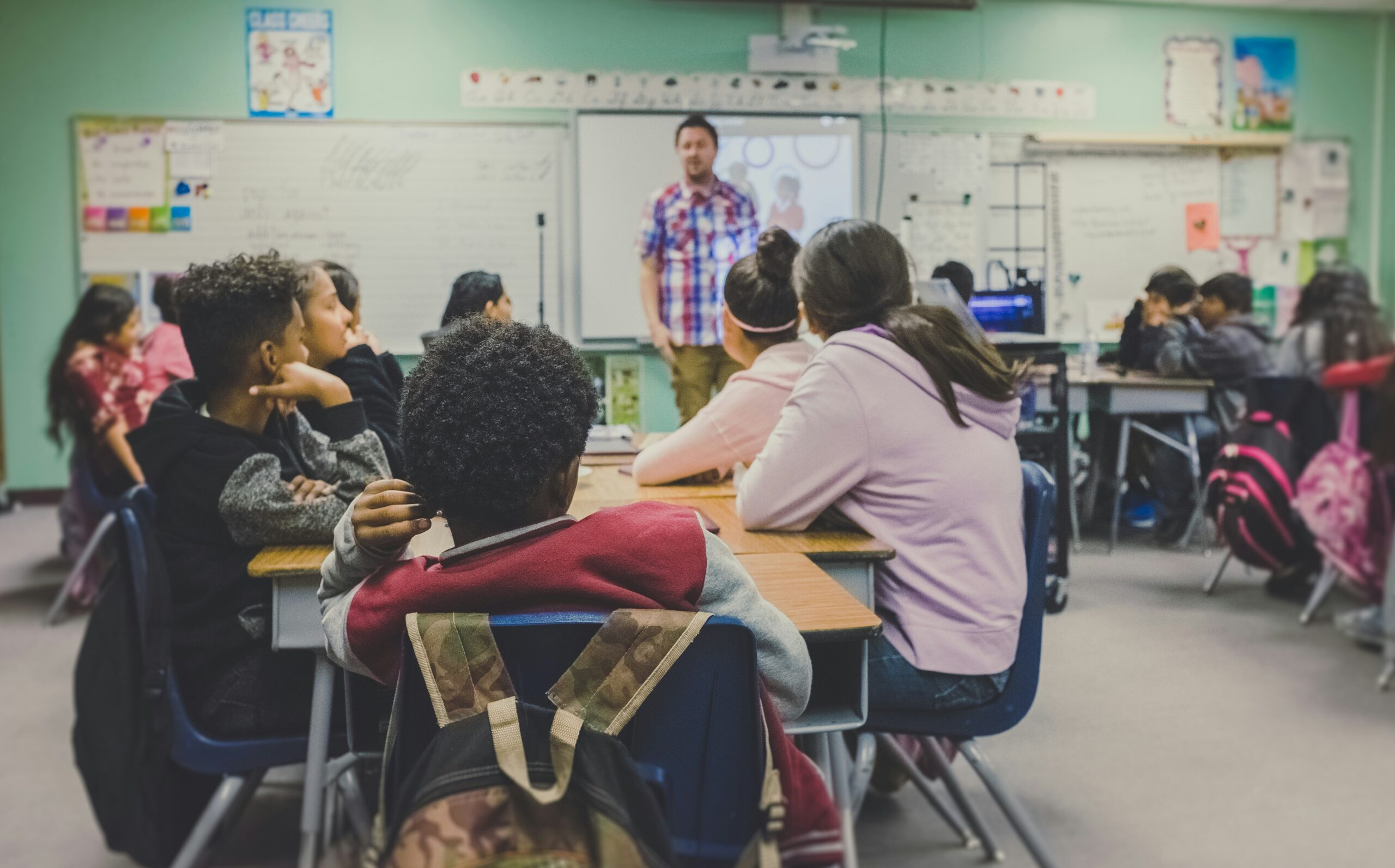
Why you Should Learn an Instrument
Learning an instrument is an incredibly rewarding experience that has numerous benefits for the mind and body. Whether you’re a child or an adult, taking up an instrument can have a profound impact on your life, and the benefits are numerous.
First and foremost, learning an instrument helps to develop cognitive abilities. Playing an instrument involves using multiple parts of the brain at once, which helps to improve memory and increase brain function. This can lead to increased creativity, problem-solving skills and critical thinking abilities, as well as improved memory retention and better overall cognitive performance.
Furthermore, learning an instrument can help to boost self-confidence and self-esteem. When you first start learning an instrument, it can be difficult and even frustrating. However, as you practice and make progress, you’ll start to feel a sense of pride and accomplishment. As you continue to improve, your self-confidence will grow and you’ll find that you’re able to tackle new challenges with ease.
In addition, playing an instrument can help to reduce stress and improve overall mental health. When you play an instrument, you focus on the music and let go of any outside worries or distractions. This can help to create a sense of peace and calm and can even reduce symptoms of depression, anxiety and other mental health conditions.
Learning an instrument also provides a great social outlet. Whether you join a band, take lessons with others, or simply play with friends, you’ll have the opportunity to meet new people and build connections. This can help to improve your social skills and can also be a great way to escape from the daily grind and have fun with others.
Finally, another benefit of learning an instrument is that it can improve hand-eye coordination and fine motor skills. Whether you’re playing a guitar, a piano, or any other instrument, you’ll need to coordinate your hands, fingers, and eyes in order to play correctly. This can help to improve your overall dexterity and physical coordination, which can be beneficial for a wide range of activities.
In contrast to this argument, one might say,“What if I already know an instrument,” and, “I took piano lessons as a kid, so I’m good.” Many people have a basic understanding of music, which is great for them. Having the groundwork laid out can be incredibly helpful. It may even make it easier for you to prioritize aspects of music playing that you may not be good at yet. Say you are great at reading notes, but you aren’t very good at strumming or staying on beat. Using your prior skill and knowledge, you can become fluent in keeping time.
Despite these counterarguments, it is important to understand that when you pick up even a second instrument, you are deepening your understanding of music and how it all plays together. You will also begin to gain pattern recognition skills.
Just because you can play piano, doesn’t mean you have a good understanding of music or the relationship between notes. I know people who can play Twinkle Twinkle Little Star on the piano but can’t name any of the notes they’re playing.
In conclusion, there are countless benefits to learning an instrument, whether you’re a child or an adult. Whether you’re looking to develop cognitive abilities, boost self-confidence, reduce stress, make new friends, or simply enjoy a lifelong source of fulfillment, learning an instrument is a great way to achieve all of these goals. So why not start today and experience the joy of music for yourself?
Why You Should Learn an Instrument





